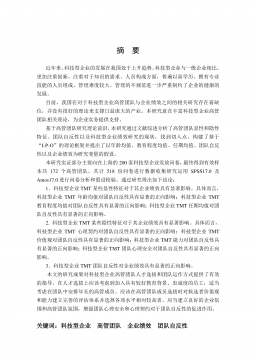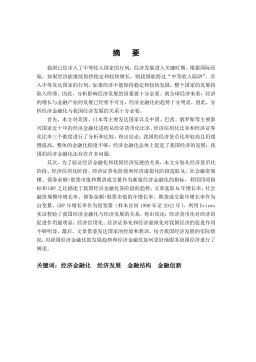USST_Arts_117210938我国海关公务员领导力开发与培养研究
摘要随着二十一世纪全球化时代的到来,以机器大工业为主导的工业文明开始转向以知识经济为主导的后工业文明,世界各国在政治、经济各领域的竞争日趋激烈,人类文明的重大变迁引发了西方社会对人才培养理念和目标重新审视,并且积极开展领导力理论发展与实践运用的研究和探索。改革开放三十年来,随着我国加入世界贸易组织,经济体制改革不断深入,社会各界对政府职能转变的要求亦越发凸显。与此经济和社会状况相呼应,近年来越来越多的国内学者也赞同发展领导力、提高领导效能是政府创新应变的路径之一。与此同时各国和各地区海关组织积极应对全球贸易环境的新变化给海关监管带来的新挑战,以适应经济全球化和贸易发展的新要求。面对全球恐怖主义...
相关推荐
-
10KV电网D-SCADA 系统信息采集与故障诊断研究与设计VIP免费
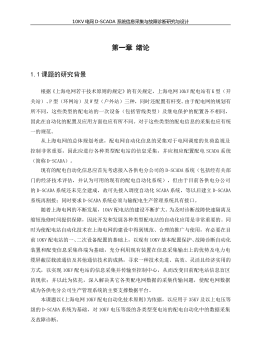
 2024-10-14 26
2024-10-14 26 -
方形吸顶散流器平送风等温射流特性研究VIP免费
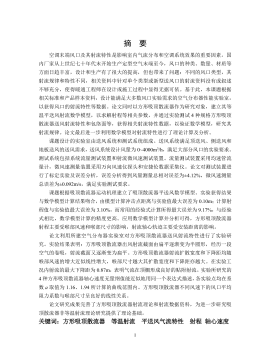
 2025-01-09 7
2025-01-09 7 -
关于充液声导波传感器中频散兰姆波的研究VIP免费
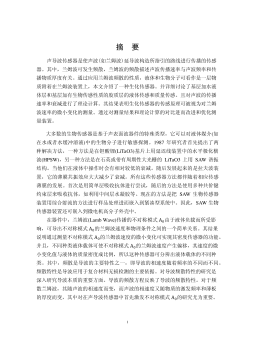
 2025-01-09 10
2025-01-09 10 -
结合梁斜拉桥施工过程中考虑剪力滞影响的分析方法VIP免费

 2025-01-09 6
2025-01-09 6 -
空调房间热舒适性的数值模拟与实验研究VIP免费
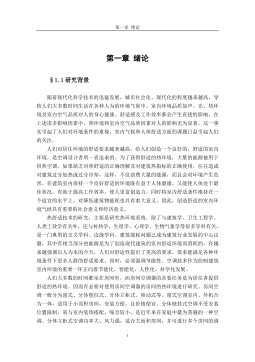
 2025-01-09 7
2025-01-09 7 -
汽车前轮线控转向系统研究VIP免费
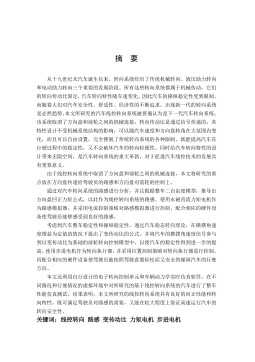
 2025-01-09 8
2025-01-09 8 -
输入分配型混合动力车辆动力系统控制策略研究VIP免费
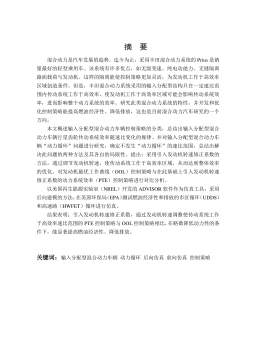
 2025-01-09 7
2025-01-09 7 -
双馈风力发电系统的柔性并网控制研VIP免费
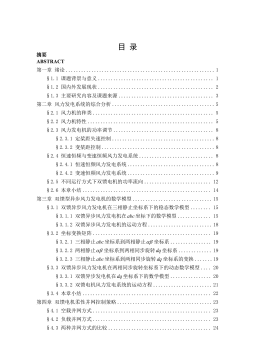
 2025-01-09 10
2025-01-09 10 -
污水处理厂污泥好氧堆肥发酵技术的试验研究VIP免费
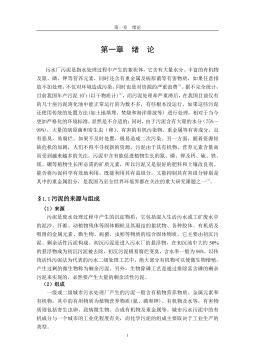
 2025-01-09 7
2025-01-09 7 -
应用风室试验装置的风机性能VIP免费
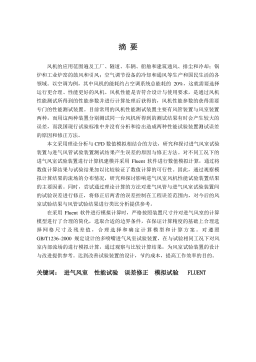
 2025-01-09 8
2025-01-09 8
作者详情
相关内容
-

汽车前轮线控转向系统研究
分类:高等教育资料
时间:2025-01-09
标签:无
格式:PDF
价格:15 积分
-

输入分配型混合动力车辆动力系统控制策略研究
分类:高等教育资料
时间:2025-01-09
标签:无
格式:PDF
价格:15 积分
-

双馈风力发电系统的柔性并网控制研
分类:高等教育资料
时间:2025-01-09
标签:无
格式:PDF
价格:15 积分
-

污水处理厂污泥好氧堆肥发酵技术的试验研究
分类:高等教育资料
时间:2025-01-09
标签:无
格式:PDF
价格:15 积分
-

应用风室试验装置的风机性能
分类:高等教育资料
时间:2025-01-09
标签:无
格式:PDF
价格:15 积分


